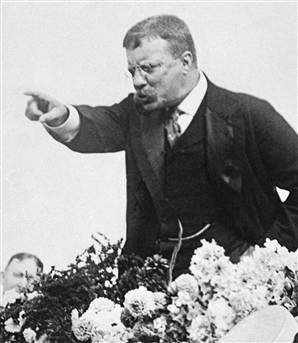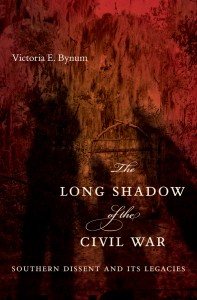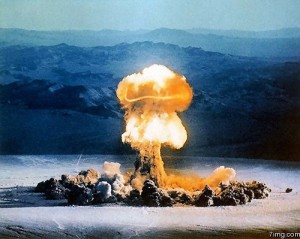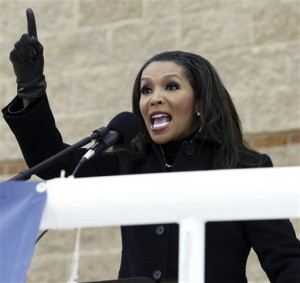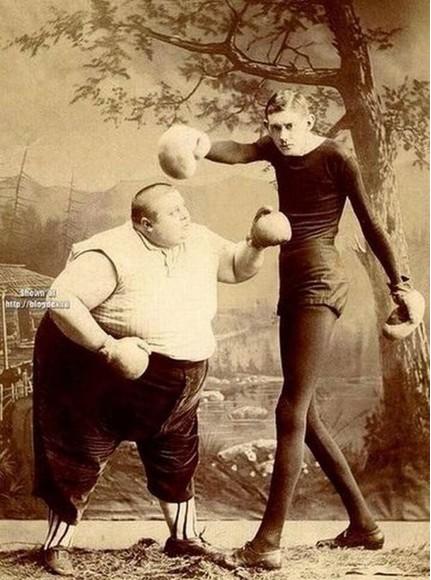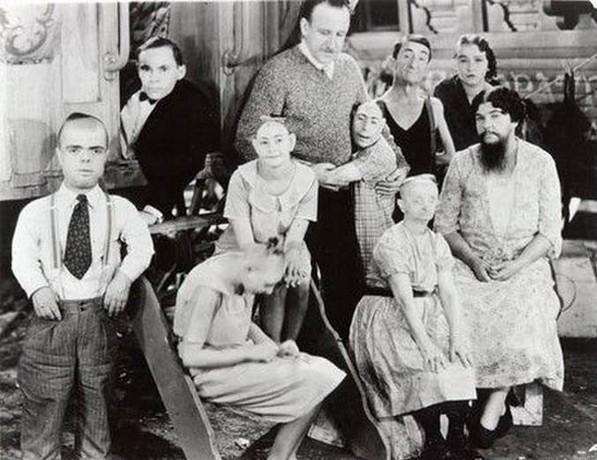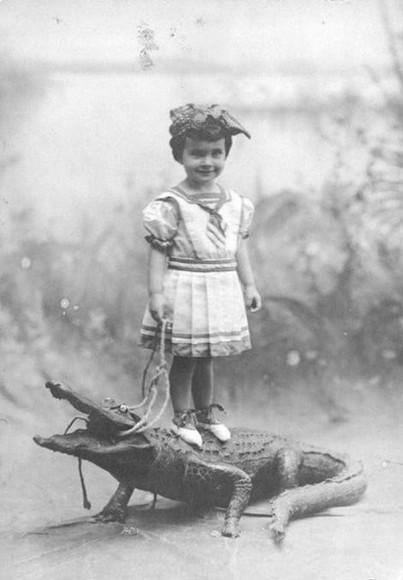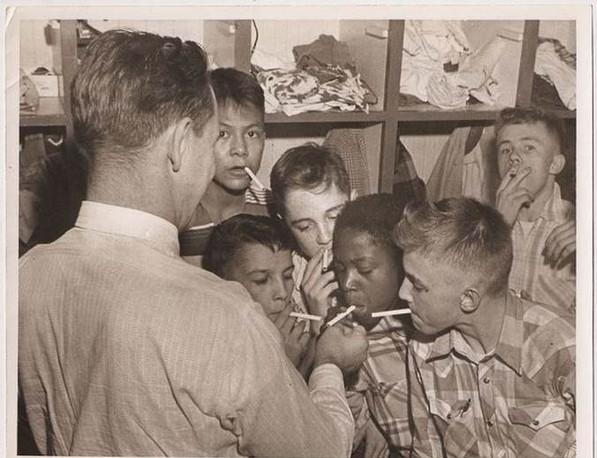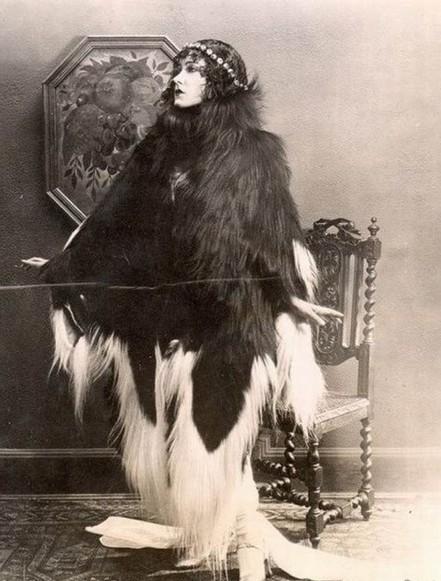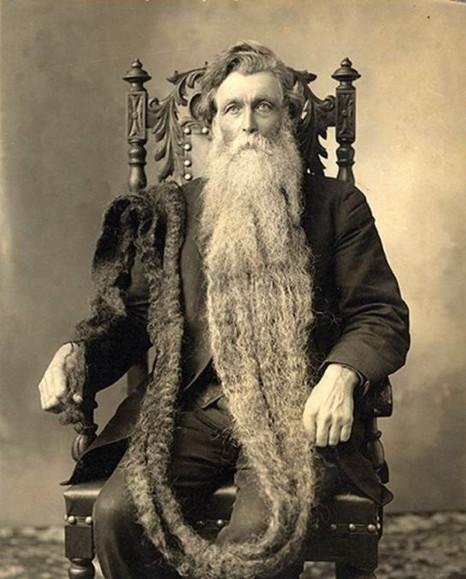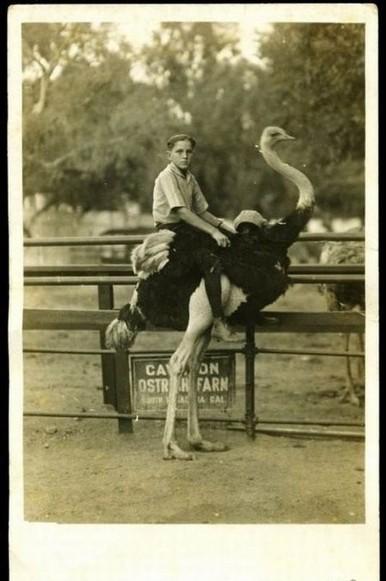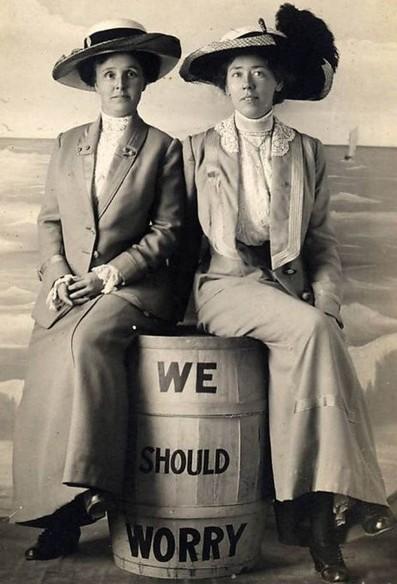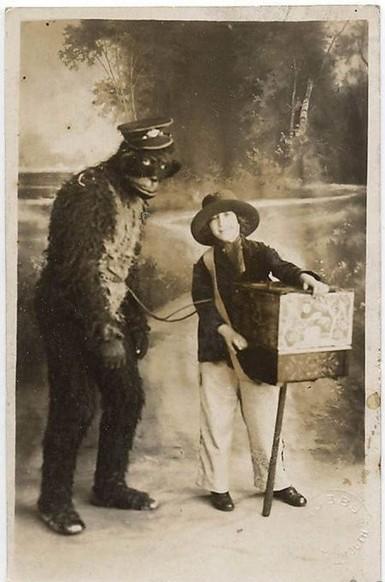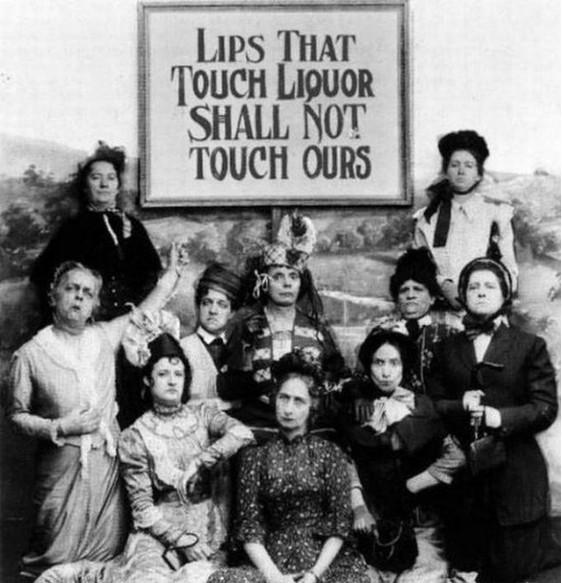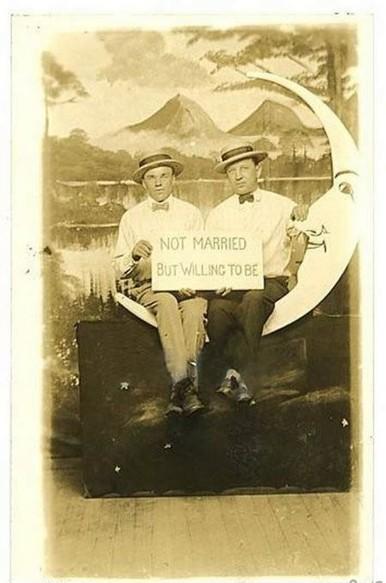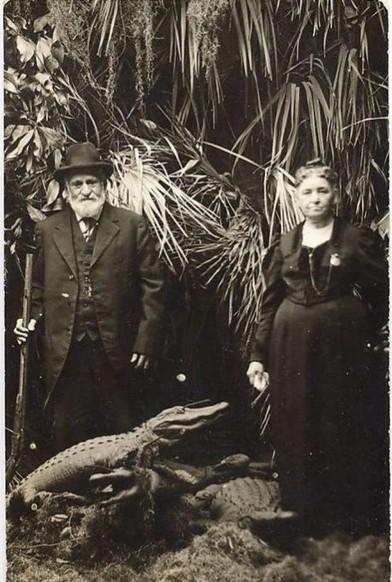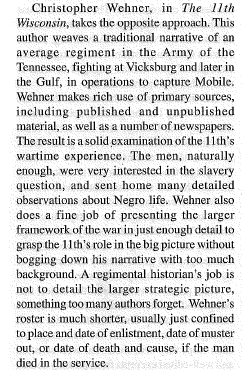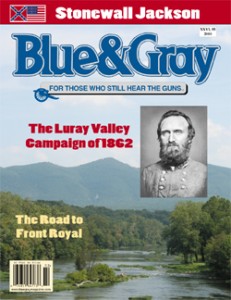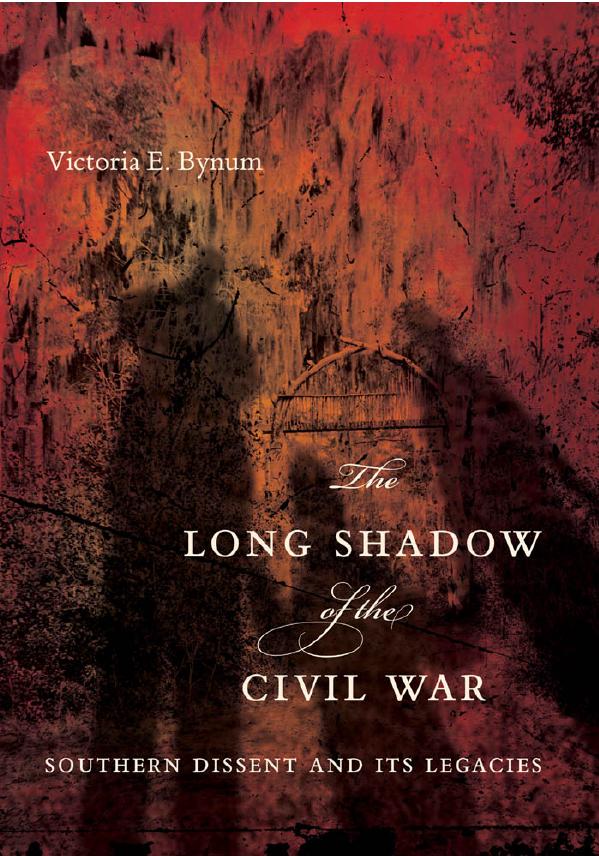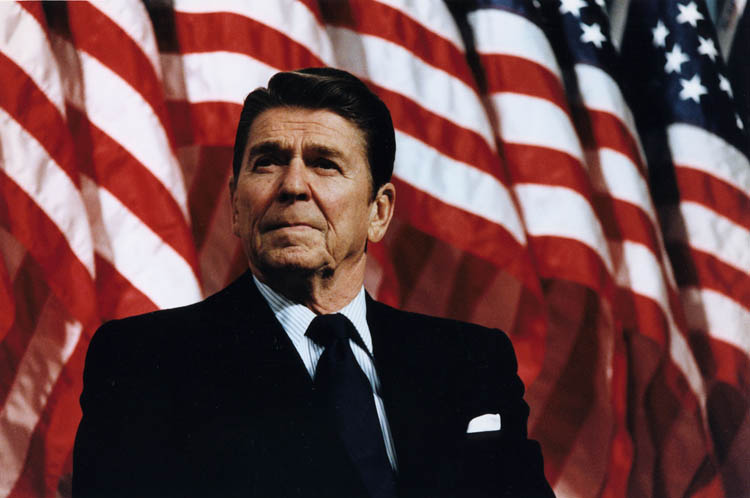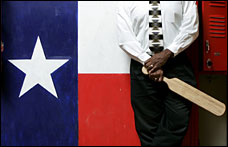 Temple, TX, has brought back corporal punishment to its schools after decades of progressive positive behavior tactics have utterly failed. Students were becoming more defiant and so much so that their parents are the ones who led the charge to bring back the stick to the school. I remember in the early 80s as a middle-schooler being paddled for a fight I was involved in. The Principle had the meanest looking paddle with notches carved into, scared the crap out of me. After my paddling I never fought again and made sure my behavior was appropriate. Twenty states, mostly in the South, still have corporal punishment. I wonder if there is any data on whether or not behavior in those schools is better? If this article is correct, behavior can be positively impacted by such punitive options as the paddle.
Temple, TX, has brought back corporal punishment to its schools after decades of progressive positive behavior tactics have utterly failed. Students were becoming more defiant and so much so that their parents are the ones who led the charge to bring back the stick to the school. I remember in the early 80s as a middle-schooler being paddled for a fight I was involved in. The Principle had the meanest looking paddle with notches carved into, scared the crap out of me. After my paddling I never fought again and made sure my behavior was appropriate. Twenty states, mostly in the South, still have corporal punishment. I wonder if there is any data on whether or not behavior in those schools is better? If this article is correct, behavior can be positively impacted by such punitive options as the paddle.
Here’s the article:
Texas city revives paddling as it takes a swat at misbehavior
By Michael Birnbaum
Washington Post Staff Writer
Friday, April 16, 2010TEMPLE, TEX. — In an era when students talk back to teachers, skip class and wear ever-more-risque clothing to school, one central Texas city has hit upon a deceptively simple solution: Bring back the paddle.
This Story.Most school districts across the country banned paddling of students long ago. Texas sat that trend out. Nearly a quarter of the estimated 225,000 students who received corporal punishment nationwide in 2006, the latest figures available, were from the Lone Star State.
But even by Texas standards, Temple is unusual. The city, a compact railroad hub of 60,000 people, banned the practice and then revived it at the demand of parents who longed for the orderly schools of yesteryear. Without paddling, “there were no consequences for kids,” said Steve Wright, who runs a construction business and is Temple’s school board president.
Since paddling was brought back to the city’s 14 schools by a unanimous board vote in May, behavior at Temple’s single high school has changed dramatically, Wright said, even though only one student in the school system has been paddled.
“The discipline problem is much better than it’s been in years,” Wright said, something he attributed to the new punishment and to other discipline programs schools are trying. Residents of the city’s comfortable homes, most of which sport neighborly, worn chairs out front, praise the change.
